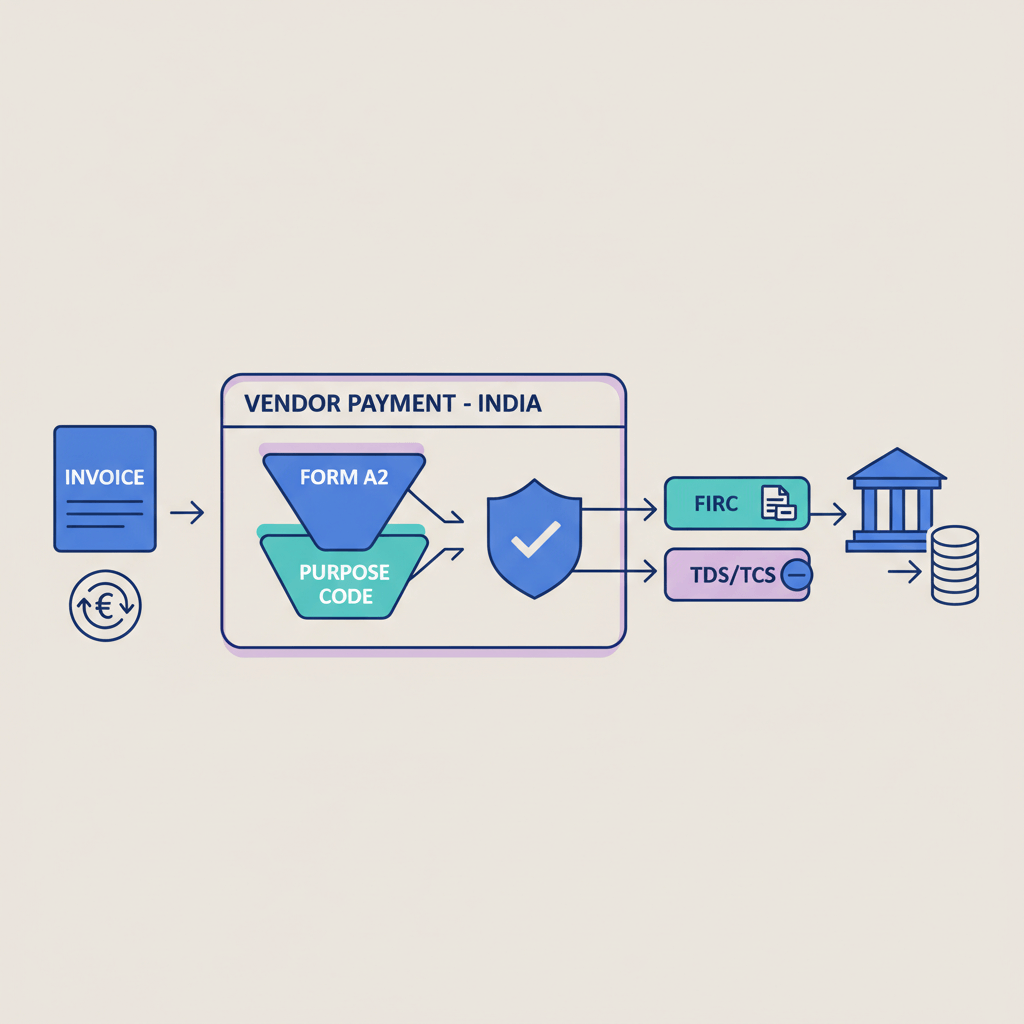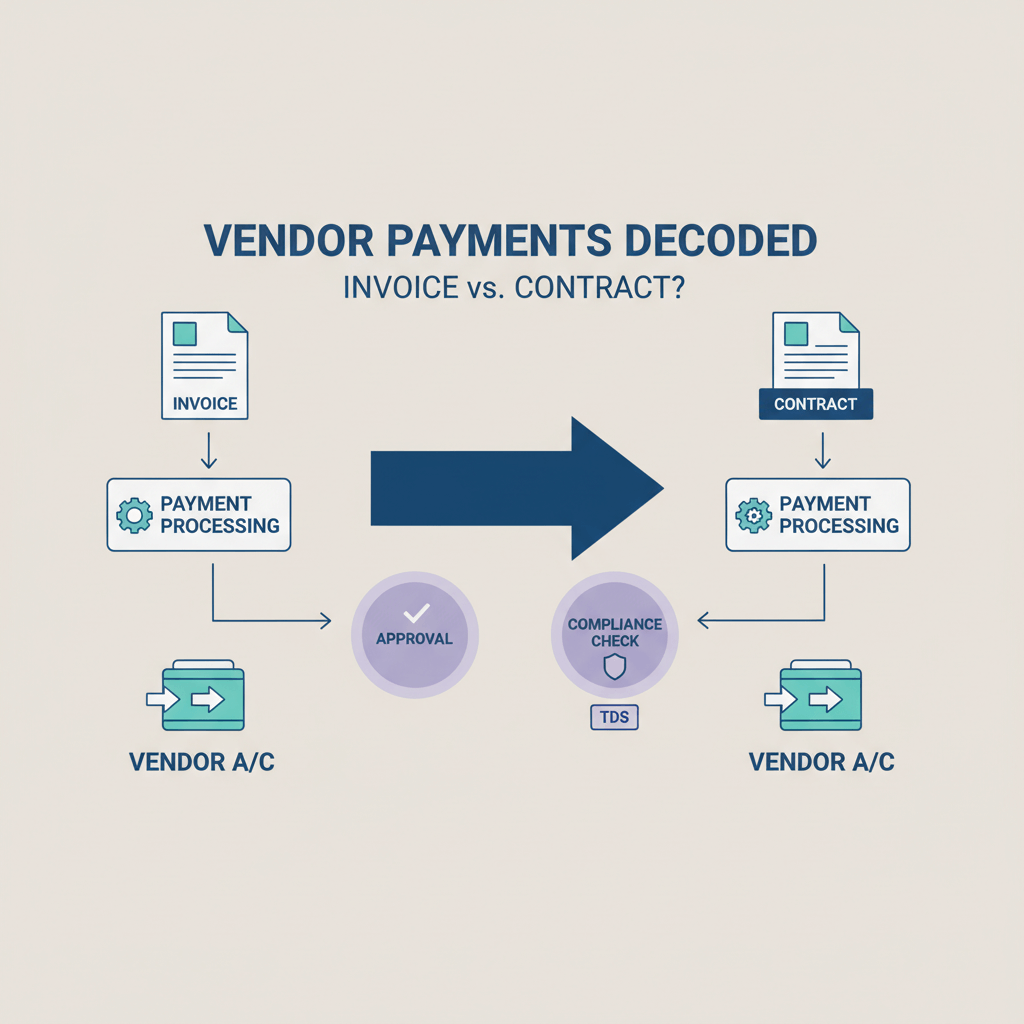One-click.
All it takes is one click for a payment to get through nowadays.
However to reverse the same process, in case of fraud or any other reason, it takes days.
The process is so tedious, especially in the case of large-volume international business transactions going from India, that many times people end up losing faith in the process altogether.
Can an international wire transfer be reversed? Is it even possible?
Let’s find out!
How does an international business wire transfer work?
An international business wire transfer involves electronically transferring funds from one bank account to another across different countries or jurisdictions. Here's a breakdown of how it typically works:
- Initiation: A business entity, acting as the sender, begins the wire transfer process by providing their bank with all necessary instructions. These details include the recipient's bank name, account number, routing number, SWIFT code (a unique identifier for international banks), and the amount to be transferred.
- Verification and Authorization: The sender's bank verifies the legitimacy of the request and ensures that the sender has sufficient funds available for the transfer. Once confirmed, the bank authorizes the transfer and debits the sender's account for the transfer amount, along with any associated fees.
- Transmission: The sender's bank transmits the transfer instructions to any correspondent or intermediary banks involved in the transaction. These intermediary banks facilitate the transfer by routing the funds through the global financial network to reach the recipient's bank.
- Conversion (if necessary): If the sender's currency differs from the recipient's currency, the transfer may involve currency conversion. In such cases, the funds are converted from the sender's currency to the recipient's currency at the prevailing exchange rate.
- Receipt by Recipient's Bank: The recipient's bank receives the transferred funds and credits the recipient's account accordingly. This process typically takes a few business days, depending on various factors such as the banks involved, the currencies being exchanged, and any processing times of intermediary banks.
- Notification to Recipient: Upon crediting the recipient's account with the transferred funds, the recipient's bank usually notifies them of the incoming transfer. The recipient can then access the funds according to their banking arrangements.
- Confirmation: Both the sender and the recipient receive confirmation of the wire transfer. This confirmation often comes in the form of a receipt or confirmation statement from their respective banks, serving as proof of the completed transaction.
Can you reverse international transfer?
Once an international wire transfer has been initiated and processed, it is generally not feasible to reverse the transaction. International wire transfers are typically irreversible, meaning that once the funds have been transferred from the sender's account to the recipient's account, they cannot be retrieved or canceled.
However, there are a few circumstances under which a reversal or cancellation of an international wire transfer may be possible:
- Error by the Sending Bank: If the sending bank made an error in processing the wire transfer, such as sending the wrong amount or sending funds to the wrong recipient, they may have the capability to recall or reverse the transaction. This typically involves coordination between the sending and recipient banks to rectify the error.
- Fraudulent Activity: In instances where the wire transfer was initiated due to fraudulent activity, such as unauthorized access to the sender's account, the sender may be able to dispute the transaction with their bank and request a reversal. Banks have established procedures to investigate and address cases of fraud, but the outcome hinges on the specific circumstances involved.
- Mutual Agreement: In rare cases, if both the sender and the recipient consent to cancel the wire transfer, they may be able to collaborate with their respective banks to reverse the transaction. However, this process is typically challenging to arrange and may entail additional fees or penalties.
Can you reverse a wire transfer if scammed? What are the charges?
If you've fallen victim to a wire transfer scam, reversing the transaction is possible in certain circumstances. However, success depends on factors like prompt action, cooperation from banks, and the nature of the scam. Here's what you can do:
- Act Swiftly: Upon realizing the scam, immediately contact your bank. Time is crucial, so reporting the scam promptly increases the likelihood of recovering your funds.
- Report to Authorities: File a report with relevant authorities, such as local law enforcement or cybercrime divisions. Provide detailed information about the scam, including any communication or documentation related to the transaction.
- Contact Recipient Bank: If you know the recipient bank, reach out to them and explain the situation. They may freeze the recipient's account or assist in recovering the funds.
- Dispute with Your Bank: Work with your bank to dispute the transaction. Provide all pertinent information and documentation regarding the scam. Banks have protocols for investigating fraudulent transactions and may reverse the wire transfer if fraud is confirmed.
- Seek Legal Counsel: Consider consulting a lawyer with expertise in fraud cases. They can advise you on your legal rights and options for recovering your funds through legal means if necessary.
Remember, charges for fraud wire transfer reversals can vary based on factors such as the type of account you hold, the amount of the transfer, and the specific circumstances of the fraud. It's essential to clarify these details directly with your bank.
Can a bank recall an international wire transfer?
Yes, a bank can recall an international wire transfer under specific circumstances, but the process can be intricate and time-sensitive. Here are scenarios where a bank may initiate a recall:
- Error by Sending Bank: Should the sending bank commit an error in processing the wire transfer, such as sending an incorrect amount or directing funds to the wrong recipient, they can take steps to recall the transfer. This typically involves collaborating with the recipient bank to rectify the mistake and reverse the transaction.
- Fraudulent Activity: If the wire transfer was initiated due to fraudulent actions, like unauthorized access to the sender's account, the sender can dispute the transaction with their bank. Financial institutions have protocols to investigate fraud cases, and if confirmed, they may recall the transfer.
- Mutual Agreement: In rare instances, if both the sender and the recipient consent to cancel the wire transfer, they can work with their respective banks to recall the transaction. However, this necessitates cooperation from both parties and may entail additional fees or penalties.
Recalling an international wire transfer hinges on various factors, including bank policies, timing, and the rationale behind the recall. Moreover, once the funds have been credited to the recipient's account, recalling the transfer becomes more challenging.
How long do you have to cancel an international wire transfer?
So you want to know - What is the timeframe within which you can cancel an international wire transfer?
The short answer is it depends.
The timing for canceling an international wire transfer in Indian business transactions can vary depending on the specific policies and procedures of the banks involved. However, as an approximate guideline:
- Before Processing: If you realize the need to cancel the transfer before it has been processed by the sending bank, you may have a window of a few hours to contact your bank and request cancellation. This timeframe can vary and is subject to the processing speed of the bank.
- After Processing: Once the transfer has been processed by the sending bank and forwarded to the correspondent or intermediary banks for routing, the ability to cancel becomes more limited. At this stage, it may be challenging to recall the transfer, and success is not guaranteed.
What are the situations when wire transfers can be reversed?
In the context of Indian business transactions involving outward remittance from India, wire transfers can be reversed under specific circumstances:
- Error by Sending Bank: If the sending bank commits an error in processing the wire transfer, such as sending an incorrect amount or directing funds to the wrong recipient, they may initiate a reversal of the transaction.
- Fraudulent Activity: If the wire transfer was initiated due to fraudulent activity, such as unauthorized access to the sender's account, the sender may dispute the transaction with their bank, potentially resulting in a reversal.
- Mutual Agreement: In rare instances, if both the sender and the recipient agree to cancel the wire transfer, they may collaborate with their respective banks to reverse the transaction. However, this typically requires cooperation from both parties and may involve additional fees or penalties.
Can I dispute & reverse a wire transfer in India?
Disputing and reversing a wire transfer in India can be a complex process that involves collaboration between the sender's and recipient's banks, along with adherence to guidelines set by the Reserve Bank of India (RBI).
An example of a B2B outward remittance from India that could be disputed might involve a scenario where a company based in India initiates a wire transfer to pay for goods or services from a foreign supplier, but encounters issues with the transaction. Here are hypothetical situations with a company called Tech Solutions.
Bottom Line
There you have it. Next time there is an outward remittance from India transaction needs to be made, remember to do it with caution. Karbon Forex takes care of international business transactions for both Inward and Outward remittances from India for companies of all sizes.
Karbon Forex employs a secure bank wire transfer method, in partnership with Yes Bank and IDFC First Bank. To know more contact us.











